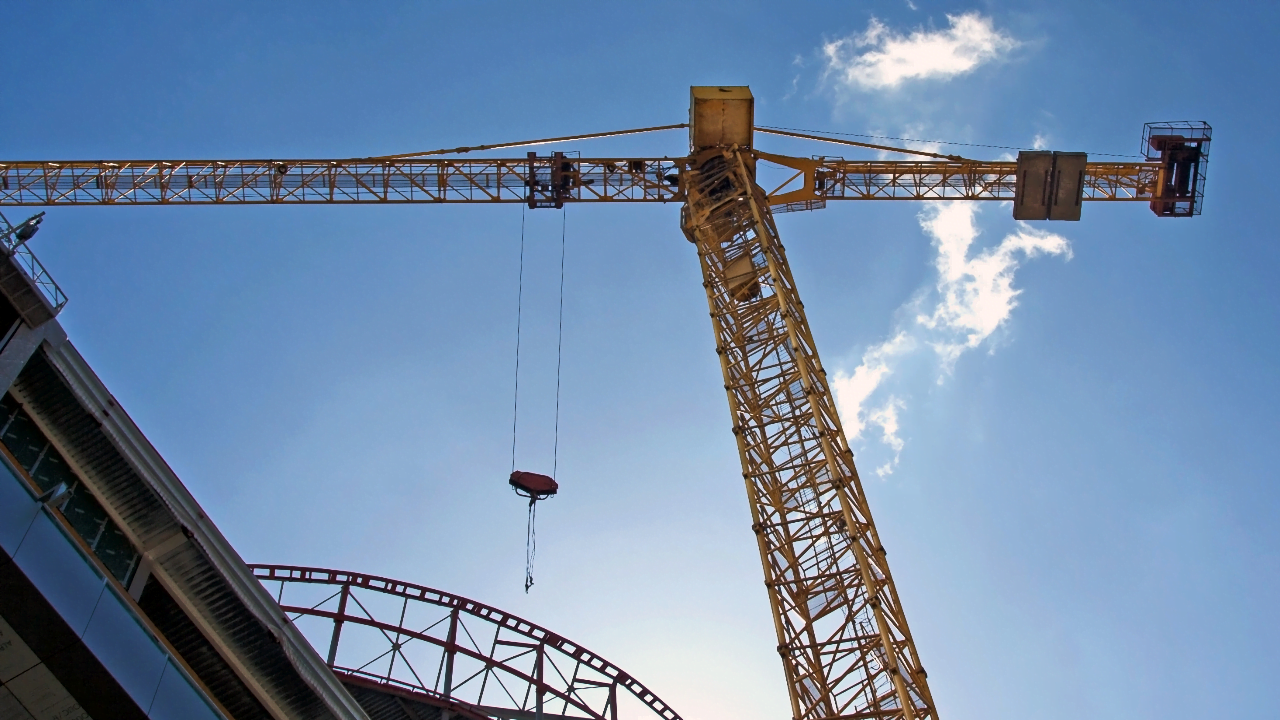The present situation is unprecedented and extraordinary as the world takes urgent steps to mitigate the impact of the Covid-19 virus. This includes the UK, with the Prime Minister’s statement yesterday advising people to take measures, one of which being that people should start working from home where they possibly can.
We must be prepared for the possibility that the UK government may go further and issue an order on the grounds of public safety which would prevent people from physically attending work completely. This would of course affect a contractor’s ability to perform their obligations under a construction contract.
If that were to happen then it will be important to understand where each party stands under the construction contract.
Force Majeure?
Many of your existing contracts will include force majeure as a Relevant Event or a relief event, meaning that if such event occurs the Contractor may be entitled to claim relief against delay to a project by claiming an extension of time.
The question then follows – Is Covid-19 a force majeure event?
The term “force majeure” is not defined in the JCT standard form or in the majority of standard form contracts. It is commonly understood to mean that an event beyond the control of the parties has occurred, which prevents the party seeking relief to perform its obligations under the contract, and no reasonable steps could have been taken by the party seeking relief to avoid consequences of such an event.
If the site was closed due to Covid-19, it seems likely that a contractor would seek to rely on force majeure to claim an extension of time.
However there is a high bar for when a force majeure event can be deemed to have occurred. So when can force majeure apply? It has a narrow application with “prevent” being the operative word. The force majeure event must be one which has rendered performance legally or physically impossible, not just merely difficult.
To put this into context, if it were not the site that was affected by Covid-19 but a supply hub or port, then even where the contractor can demonstrate that the movement of necessary materials would potentially be affected this might not be sufficient to qualify as a force majeure event – as performance might not be rendered impossible in those circumstances, but merely difficult. The contractor may be in a position to source materials from other locations. Analysing this type of situation would be very fact specific.
However, if the site is closed following a government directive to close all private work places on the grounds of public safety then this would, in our view, almost certainly constitute a force majeure event. This is for the obvious reason that a lack of trades on site as a result of such a directive means the works cannot be progressed.
Under most contracts, force majeure allows relief against delay and provides the contractor with an extension of time to complete the works, however it does not ordinarily allow contractors to claim compensation for loss and expense arising from such delay. This is because force majeure is a “neutral” event.
However, we would recommend that you check your contracts.
Suspension and Termination
There is no apparent need for an employer to issue an instruction to a contractor to postpone works due to Covid-19 in circumstances where you consider it to be a force majeure event. If works are postponed under a JCT this would entitle the contractor to additional time (as it is a Relevant Event) and a compensation for loss and expense (as it is then a Relevant Matter).
However, under a JCT, and in most construction contracts, if it has been determined that a force majeure event has occurred then this will allow termination by either party, provided the suspension of works has continued for a specified period of time and the relevant notices of termination have been provided. The period of suspension is 2 months in an unamended JCT where the contract particulars are silent on the period of time. The JCT goes on to set out the financial impact of terminating the contract in these circumstances.
It should be borne in mind that if works are suspended or postponed then you will need to consider what your contract states about the cost of security and the responsibility of insuring the site during the period of suspension or postponement.
Before you decide to take any form of action we would advise you check your contracts and seek legal advice in the first instance.
If you have any queries please contact either Asif Patel, Mark London or Rachel Jones.
